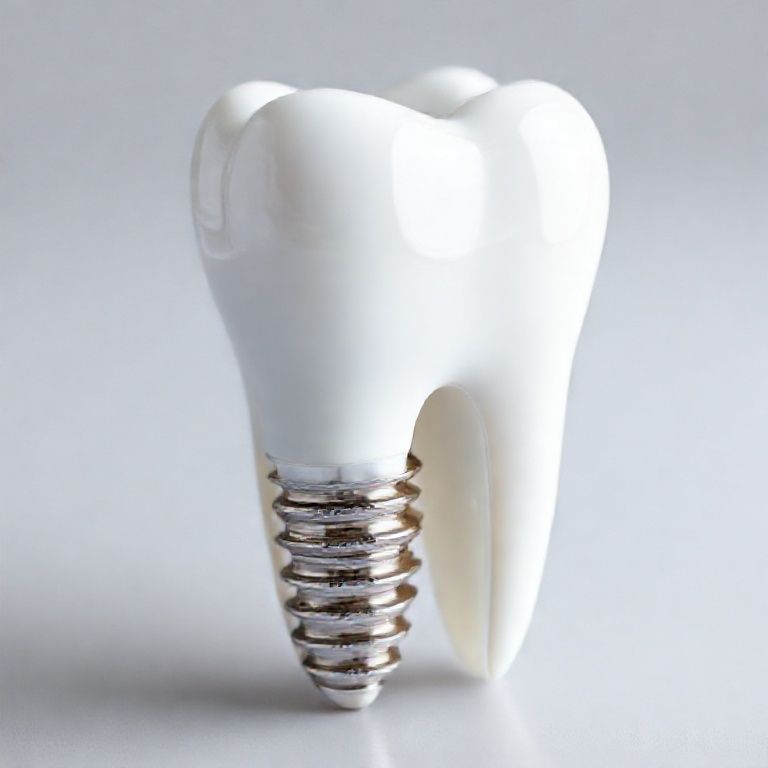Dental Code D2950
Dental procedures are coded for accurate billing and insurance claims. D2950 is the dental code used to refer to core buildup, including any pins. It is a crucial step in dental restorations, especially when a tooth lacks sufficient structure to support a crown. Understanding this procedure helps both patients and dental professionals make informed decisions.

What is Core Buildup (D2950)?
Core buildup is a dental procedure that involves rebuilding the core of a damaged tooth to provide a stable foundation for a crown. When a tooth is extensively decayed, fractured, or weakened due to previous fillings, core buildup is necessary to restore its integrity before crown placement.
Importance of Core Buildup in Dental Restorations
- Provides strength and stability to the tooth
- Ensures a proper fit for dental crowns
- Prevents further tooth damage or loss
- Helps in the even distribution of chewing forces
- Extends the longevity of restorations
When is Core Buildup Necessary?
Core buildup is recommended when:
- A tooth has extensive decay and lacks enough structure to support a crown.
- A tooth has undergone root canal treatment and needs additional reinforcement.
- There is a need to provide additional retention for a dental crown.
- The existing tooth structure is compromised due to trauma or fractures.
Materials Used for Core Buildup
Dentists use different materials for core buildup based on the tooth’s location, the extent of damage, and patient preference. Common materials include:
| Material | Pros | Cons |
|---|---|---|
| Composite Resin | Tooth-colored, easy to shape | Less durable than metal |
| Amalgam | Strong, long-lasting | Not aesthetically pleasing |
| Glass Ionomer | Releases fluoride, prevents decay | Weaker than other materials |
| Metal Alloys | Highly durable | More expensive, not tooth-colored |
Procedure for Core Buildup (Step-by-Step Guide)
- Diagnosis and Treatment Planning: The dentist examines the tooth and takes X-rays.
- Decay Removal: Any existing decay or old fillings are removed.
- Tooth Preparation: The dentist shapes the tooth for the buildup material.
- Material Application: The chosen material is applied in layers to build up the core.
- Curing and Shaping: If composite resin is used, it is hardened using a curing light.
- Final Adjustments: The dentist ensures proper fit and occlusion before crown placement.
Cost of Core Buildup (D2950) and Factors Affecting Price
The cost of a core buildup can range between $150 to $400 per tooth, depending on:
- The material used
- Dentist’s experience
- Geographic location
- Insurance coverage
- Complexity of the procedure
Insurance Coverage and Reimbursement for D2950
Most dental insurance plans partially or fully cover D2950, especially if it is deemed medically necessary. Patients should check with their providers for specific coverage details.
Differences Between Core Buildup and Post & Core (D2950 vs. D2954)
- D2950 (Core Buildup): Used when there is some remaining tooth structure.
- D2954 (Post & Core): Used when a post must be inserted into the root canal for additional support.
Risks and Complications of Core Buildup
- Sensitivity after the procedure
- Material failure if not properly bonded
- Crown dislodgment due to inadequate support
How Long Does Core Buildup Last?
With proper care, a core buildup can last 10 to 15 years or more. Regular dental check-ups help ensure longevity.
Alternatives to Core Buildup
- Post & Core (D2954)
- Dental implants (if the tooth is too weak for restoration)
- Onlays or inlays for minor restorations
Patient Experience and Recovery
- Minimal discomfort
- Some sensitivity for a few days
- Patients can resume normal activities immediately
Importance of Choosing the Right Dentist
A skilled dentist ensures:
- Proper diagnosis and treatment planning
- The right material selection
- A durable and long-lasting restoration
Tips for Maintaining Your Dental Restorations
- Brush and floss daily
- Avoid hard or sticky foods
- Attend regular dental check-ups
- Use a fluoride mouthwash
Frequently Asked Questions (FAQs)
Q1: Is core buildup always necessary before a crown? A: Not always, but it is required when the tooth lacks sufficient structure to support a crown.
Q2: Can core buildup fail? A: Yes, it can fail due to poor bonding, decay, or mechanical stress. Regular dental visits help detect issues early.
Q3: Does core buildup hurt? A: The procedure is painless as it is performed under local anesthesia.
Q4: How long does core buildup take? A: The procedure takes about 30 to 60 minutes, depending on complexity.
Q5: Is core buildup covered by insurance? A: Most insurance plans cover it partially or fully if medically necessary.
Conclusion
Dental Code D2950, representing core buildup, is essential for restoring tooth integrity before crown placement. It ensures stability, longevity, and function, making it a crucial procedure in restorative dentistry. Patients should consult their dentists for personalized recommendations and proper care.


